The longevity lifestyle might be for you if you’re a mature person over 50. The longevity lifestyle is a collection of daily habits that can help you look better, feel better, and improve the overall quality of your life.
What follows are evidence-based tips that help the second half of your lifespan be happier and more active.
Set Your Primary Intention for Improved Quality of Life
When you firmly decide that health is the foundation for a fulfilling and meaningful life, you begin living the longevity lifestyle.
Here’s what I’ve learned about life: when we decide something, our unconscious minds have a funny way of conspiring to help us get what we want.
The more firm we are in our decisions, the more clever and diligent our unconscious minds work toward finding solutions to achieve what we want most.
Your wellness has to take the front seat in your life because nearly everything else you do depends upon it.
Why Wellness is the Ultimate Wealth
Are you intrigued by the idea of adding high-energy years to your life?
If I ask people whether they currently have a strategy for aging successfully, I often get “glassy eyes.”
They just don’t connect with what I’m saying.
But if I ask them to imagine themselves waking up in the morning 10 years from now – to close their eyes and viscerally imagine that moment – then they usually make the connection.

4 Questions that Motivate You to Improve Your Quality of Life
Here are some clarifying questions that may prove helpful to you:
1. On a scale of 1-to-10, how do you typically feel when you wake up each morning – “10” being enthusiastic and clear-headed, “1” being groggy with a food hangover?
2. On a scale of 1-to-10, how do you feel now, at this exact moment – “10” feeling lean, flexible, energized, and strong, “1” feeling bloated and “blah?”
3. If you were to lift your shirt and look at your abs right now, would you see definition of your abdominal muscles showing under the skin of your belly?
4. Pretend that you will keep on the same path you’re on now, and then imagine yourself waking up in the morning ten years from now. How does it feel, and what is your body telling you in the imagined future?

The Mindset of Being Mature Over 50
The conventional model of modern health is to wait until there’s a symptom, then try to get a drug prescription to alleviate the symptom – which may or may not solve the sponsoring problem.
But why wait until you or someone you love has a significant health challenge before making health your number-one priority?
As we approach our 50s, we begin to notice changes:
- Do you sometimes notice a subtle decline in your physical energy? Or perhaps the drop in energy is not so subtle – fatigue, malaise, loss of libido, or impaired memory?
- Or, It might be that your physical stamina is okay, but your emotional energy is flat.
- Perhaps you just don’t lunge out of bed in the morning with enthusiasm anymore.
If this is the case with you, I encourage you to get a jump on excellent health now.
Excellent health is the ultimate potentiality because, when you’re healthy, any of your dreams are possible.

What Are the Factors that Determine Longevity?
An 8-decade study draws important conclusions about who lives the best and longest lives.
Back in 1921, Stanford Professor Dr. Lewis Terman launched a study intended to look at intellectual leadership. His primary interest was high potential.
Dr. Terman studied 1,500 hand-picked boys and girls (all born around 1910). His interviews were so detailed that his study later became useful in another arena – the longevity lifestyle.
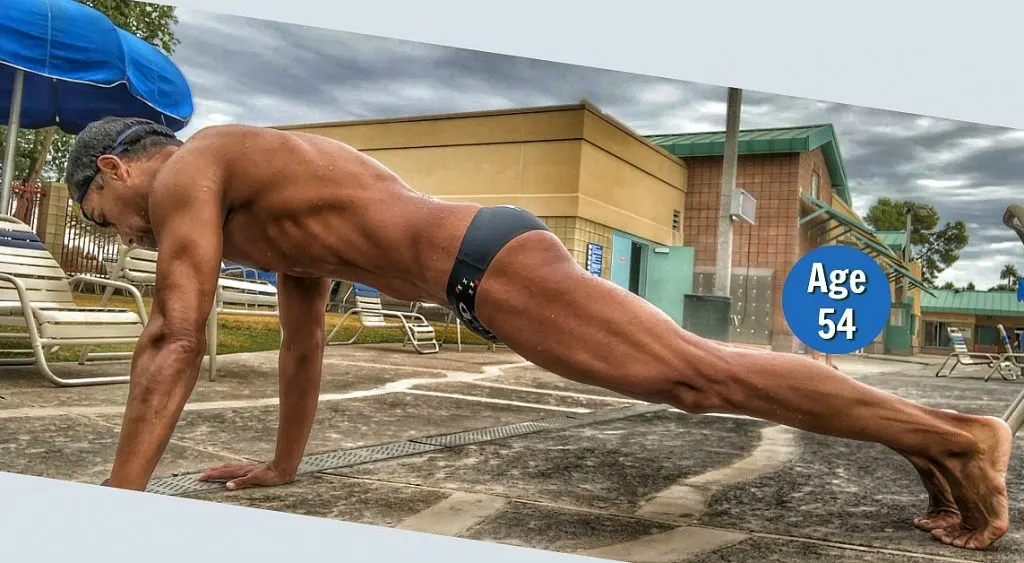
Who Lives the Longest?
Dr. Terman began his study by collecting a variety of information, such as:
- how many books were in the child’s home
- how active they were at playtime
- how happy was their parents’ marriage
He measured their personalities, dispositions, and habits – and followed them as they chose their careers and had their own families.
His comprehensive work made it possible for researchers Howard S. Friedman and Leslie R. Martin to perform an 80-year study, though neither of them has even been alive 80 years.
The Longevity Sample
Sure, 1,500 people is a relatively tiny sample size. One can also question the diversity of the sample, which appears to have been mostly white and middle class.
On the other hand, the uniformity of the sample makes sense in this case (the more controlled variables, the more accurate the study).

The problem with the lack of diversity is how well the findings can be extrapolated and applied to humanity. Either way, the sheer duration of the study should most certainly count for something.
Figuring Out Why Some People Live Longer
Unless two people started identical at birth, and one ate only broccoli while the other ate only fried steak, an accurate comparison is impossible (even then, they’d have to be locked in a room and provided with identical stimuli).
The study of human health is exceedingly complex because we do not live in a vacuum.
The factors that influence our overall health are too numerous to count – and it’s safe to say that many of these factors remain unknown.
This is one of the great advantages of a study that spans a lifetime. With a life-long approach, researchers can determine which characteristics influence qualities, behaviors, and outcomes and construct a longevity lifestyle.
What causes the well-being of people with similar backgrounds to diverge? This type of study is arguably the best way to investigate such phenomena (short of a sample of millions of clones).
Many studies are flawed because they rely too heavily on participants’ self-reports. This study does rely on quizzes to assess sociability, neuroticism, and the tendency to catastrophize. Of course, the one place where no self-report was necessary was lifespan itself.
By obtaining the participants’ death certificates, researchers could be quite certain how long they lived.
The Longevity Lifestyle is a Way for You to Live Younger, Longer.
They used statistical models and examinations of personalities, social relations, and behaviors, matching them against lifespan and ultimate cause of death.
Notable trends in the longevity lifestyle emerged:
- people who build for themselves a community of friends who need their help (and they, in return, need theirs) live longer and happier
- hard workers who are accomplished and feel successful experience better health and a longer lifespan
- good nutritional habits prolong wellness and improve daily quality of life
When you improve your physical, emotional, mental, and spiritual health, it adds more years to your life. And more importantly, it adds more life to your years.
The card below is printable for your convenience.

4 Ways to Begin Living the Longevity Lifestyle Immediately
These four main principles can help extend the healthy, mobile years of your lifespan. The idea is to be able to go for a happy walk when you are 90 years of age.
Instructions
- Understand that inflammation accelerates aging. Among the easiest ways to lessen inflammation is to reduce the number of dietary irritants you consume in a typical week. An anti-inflammatory diet is more about what you DON'T eat.
- Understand that 80% of improved health is nutrition and less than 20% is exercise. Supple joints, strong muscles, and a trim waistline all begin in your kitchen.
- Understand that joy is a worthwhile endeavor. Decide to reduce the amount of repetitive negative thoughts you think inside your head. Only focus on what-you-don't-want long enough to identify it, then switch quickly into imagining what you do want. Watch more comedies. Laugh more! Fantasize more! Release (or improve) toxic relationships. It's good for your health.
- Instead of thinking of your bed as a bed, think of it like your sleep chamber. Do what you must to sleep even better than you are right now. New mattress? New linens? White noise machine? New fan? Eye mask? Beeswax earplugs? Remove some electronic devices? Stick to a set lights-out time? Whatever it takes. Sleep better, and your body will have more resources to repair cellular damage overnight.
Notes
The longevity lifestyle is a collection of daily habits – and a mindset – that helps you remain younger, longer.
The longevity lifestyle is a way of approaching life that sees health improvement as an enjoyable and worthwhile endeavor – and an effective way to increase your strength, mobility, and physical energy.
A prevention mindset is an outlook – a way of orienting the mind toward those positive lifestyle habits that discourage disease:
- It means being cognizant that your health is a top priority.
- What it doesn’t mean is that you make the perfect choice in every moment.
We’re human and so none of us make perfectly healthy decisions every single moment.
However, the idea behind the longevity lifestyle is to make it your primary intention to put to good use the best health information to which you have access.
The good news is that an anti-inflammatory diet – consistently consumed – and an intelligent exercise regimen – done habitually – go a long way in helping to counteract aging and improve longevity.
There is a strategic sequence to self-care.
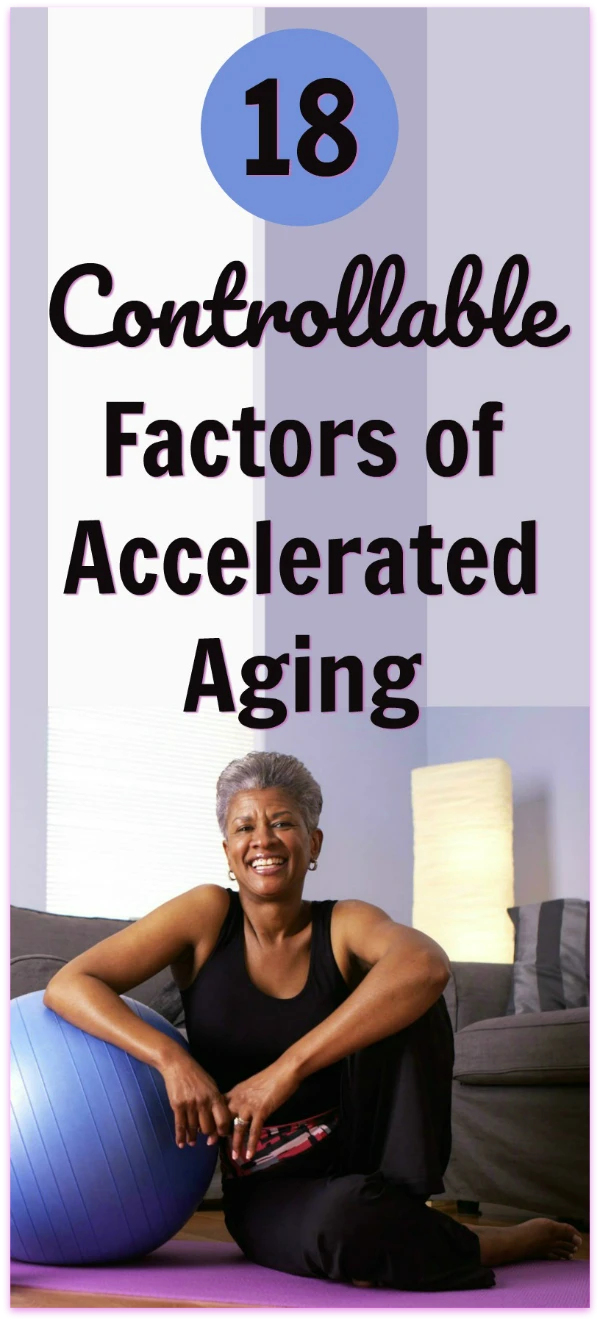
If you want to lengthen your healthspan – that is, the number of years within your lifespan in which you enjoy robust, vibrant health – then go take care of your daily food menu, sleep patterns, mental health, and fitness training first.
Once you’re bringing your A-game to your nutrition, sleep hygiene, habitual thought patterns, and weight-lifting sessions, then you might choose to take your longevity strategy still further.
“…if you want to go deeper than making just a few changes and you want to dive into a more advanced age-reversing program, [then create] a plan to counterattack the eighteen most common things that age us.”
The 18 Controllable Causes of Age-Related Disease
There are 18 controllable causes of age-related disease.
The Life Extension Foundation (LEF) has outlined solutions for the 18 aging factors. Keep in mind that emotional stress accelerates each of these:
- Chronic Inflammation
- Glycation
- Methylation
- Mitochondrial Dysfunction
- Hormone Imbalance
- Excess Calcification
- Digestive Enzyme Deficit
- Fatty Acid Imbalance
- DNA Mutation
- Immune Dysfunction
- Enzyme Imbalance
- Loss of Mitochondria
- Excitotoxicity
- Circulatory Deficit
- Loss of Youthful Gene Expression
- Loss of Insulin Sensitivity
- Loss of Bone Density
- Oxidative Stress
Remember, each of the above aging factors has a solution, and that makes these exciting times in longevity science.
Flavonoids are a large class of plant pigments that seem to have a particular structure the human body enjoys and responds to positively.
Another rare flavonoid has been recently identified that also might be able to help you stay younger longer and increase your overall vitality.
Rare Plant Pigment Provides Healing, Slows Aging and Improves Longevity
Many people who take flavonoids regularly in various supplement forms have endorsed them for their restorative impact.
The flavonoid fisetin has longevity researchers feeling especially enthusiastic lately.
Fisten naturally occurs in strawberries, mango, and some trees. Nevertheless, it is somewhat rare.

Research Reveals Antioxidant Fisetin Improves Vitality
Could fisetin really be the newest longevity supplement that helps people to live longer and have more energy?
Here are the perceived benefits of this promising anti-aging nutrient:
- enables and encourages many of our bodies’ own cellular maintenance and repair systems
- only known polyphenol to encourage certain antioxidant and anti-carcinogenic mechanisms in our bodies
- protects sub-cellular systems like mitochondria, proteasomes, and lysosomes
- reduces inflammation
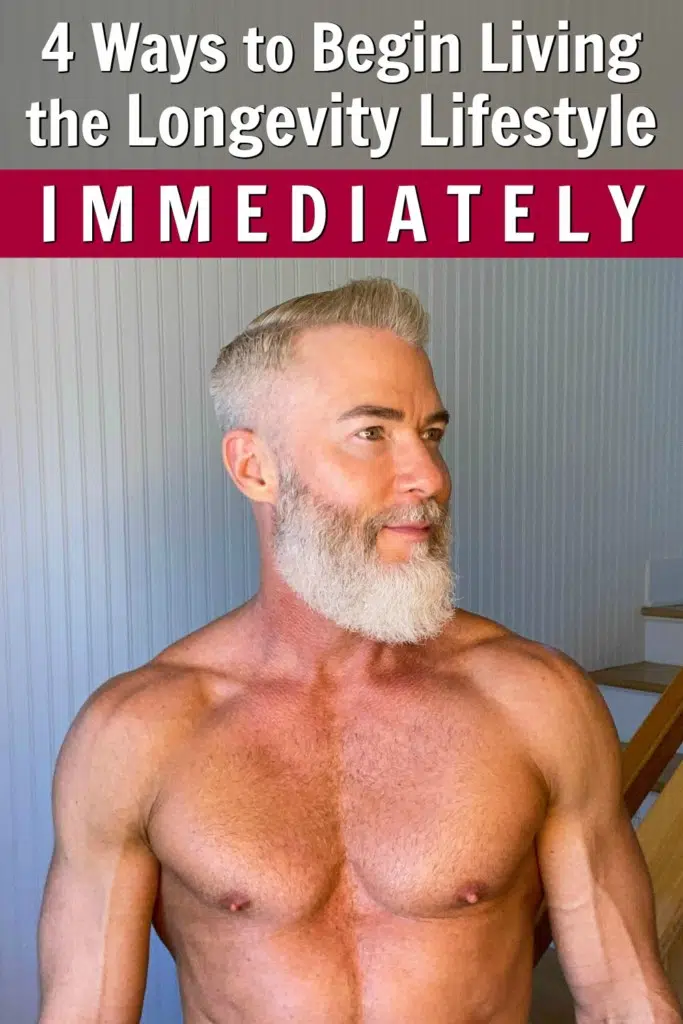
Many of the benefits of fisetin consumption mirror the benefits of a “Caloric Restriction” regimen. This process is thought to increase lifespan by lowering cholesterol, blood pressure, and fasting glucose levels. The idea is to keep daily caloric intake within a certain window.
When was the last time you ate mango, with its naturally occurring fisetin antioxidant?
Seaweed Contributes to Japanese Longevity
“Food is medicine.” So say the Japanese, whose culture has a much lower incidence of age-related diseases than their Western counterparts.

Historically, the Japanese diet has generally been rich in fish, fruits, and veggies. But there is one staple of the Japanese diet that really stands out: daily consumption of seaweed.
Could seaweed help us to improve our nutrition in the west, by filling in something important that has been missing from our diet?
Nutrition within Seaweed Contributes to Longer Life
This is yet another superfood that is proving to help humans live longer and better lives. Seaweed is quickly becoming known as one of these longevity foods.
“Our ancestors waded in coastal waters and ate seaweed and sea vegetables rich in iodine and dense concentrations of minerals – an adaptation that gave us a competitive advantage to survive and grow larger, more complex brains. Today, we need to eat more vegetables from the sea, packing our diets even more full of [naturally occurring] vitamins and antioxidants.” – Terry Wahls, MD
Certain seaweed species contain high concentrations of fucoidans.
Fucoidans are molecules that have been a strong focus of age research for the past decade-plus. The strongest pro-fucoidan evidence comes from a species of brown seaweed known as Undaria pinnatifida.
There are many varieties of fucoidan-rich seaweed in the Japanese diet:
- wakame (Undaria pinnatifida)
- mekabu
- kombu
In modern Japanese culture, the average person eats 4-6 grams of seaweed per day. It seems that could be a huge piece of the longevity puzzle missing from Western nutrition.
researchers believe that the shorter life and health spans observed in Western populations result in part from the near total absence of dietary fucoidans”
This is most obvious when researchers look at the Okinawan diet. Okinawa has long been known for its large population of centenarians.
Longevity Science looks closely at cultures that are enjoying a long life, high energy, great health, and a better quality of life to determine which of the lifestyle habits can be replicated in order to help others live their best lives, too.
An added benefit of this dietary algae is that it exerts anti-tumor activity (possibly through enhancing the immune response), which means that it could be a food or supplement that helps to prevent cancer.
Seaweed also helps prevent iodine deficiency and helps protect the body from environmental radiation.
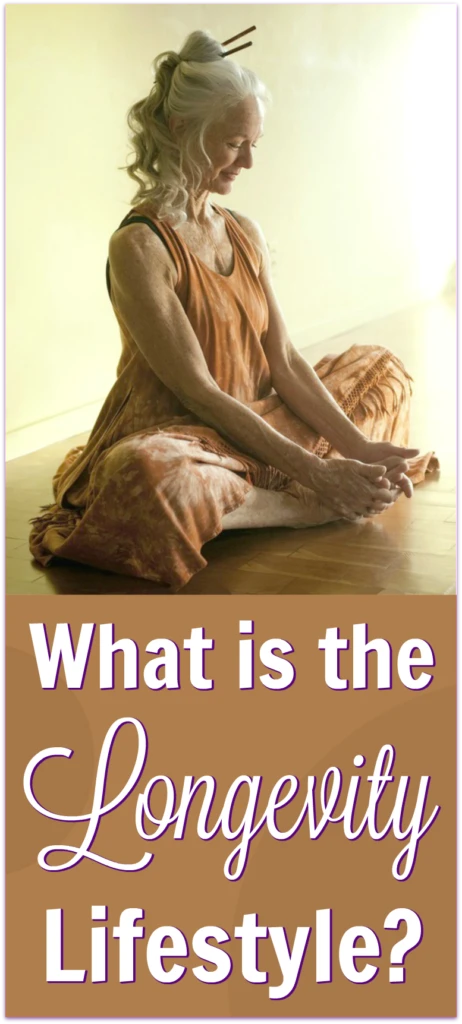
Whether we eat more:
- sushi
- wakame salad
- roast seaweed chips…
…fucoidans appear to be something we should seriously consider adding to our diets. One can also get fucoidan brown seaweed extract in supplement form (which is what I take).
The Power of Seaweed in the Longevity Lifestyle
Studies show that fucoidans hold promise in areas such as:
- therapeutic intervention for humans exposed to dioxin (this includes most of us, considering that dioxin is now found in every mother’s breast milk)
- enhancing the immune system
- prevention of certain infectious diseases (malaria, herpes)
- blocking cancer cells from spreading (and even triggering their early death)
- healing and tissue regeneration
- relieving arthritis pain
- combating cardiovascular disease and metabolic syndrome
- longevity
Beneficial effects of fucoidans are reportedly found in the range of 75-300 mg daily.
Conclusion: How to Thrive Being Mature Over 50
Longevity technically refers to having a longer lifespan than average, but the longevity lifestyle refers more specifically to having a higher quality of life than average. This is achieved through a series of self-care protocols (see the printable card above) that focus on upgrading:
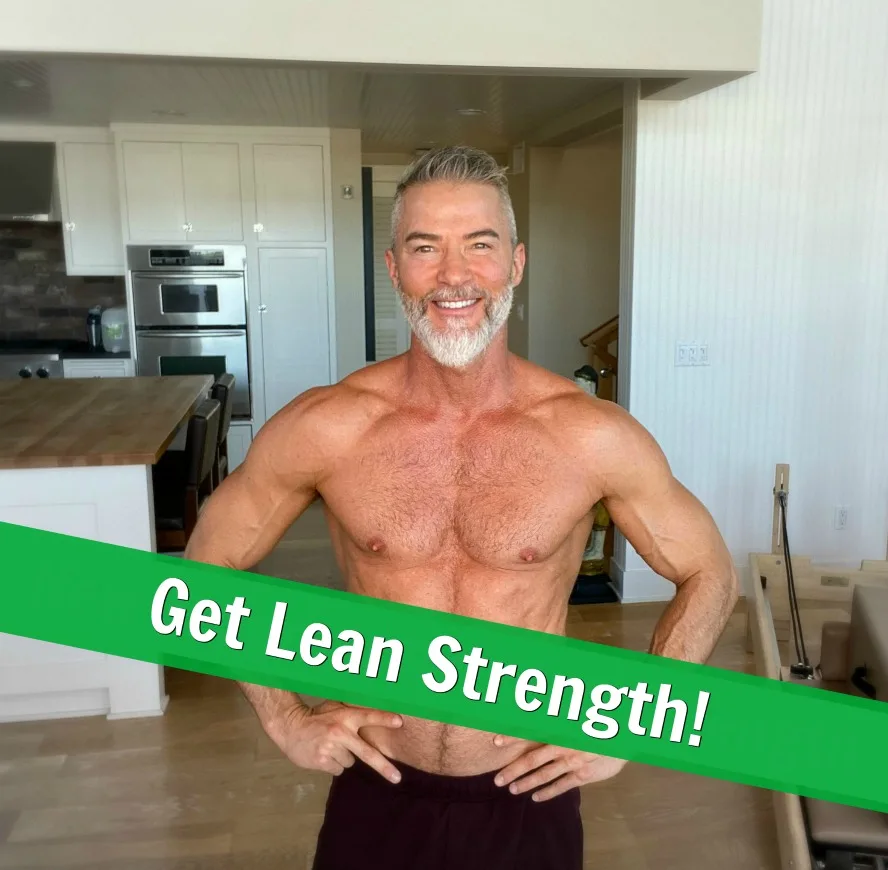
Additional Sources about the Longevity Lifestyle:
Longevity Lifestyle Data: Average Human Lifespan by Country – http://en.wikipedia.org/wiki/List_of_countries_by_life_expectancy
Oxidative Effects – http://www.wisegeek.com/what-is-oxidation.htm
Are All Longevity Lifestyle Claims Legitimate? – http://singularityhub.com/2010/09/21/did-a-russian-scientist-really-cure-aging-or-is-it-just-a-fluke-video/
Blood Sugar and Exercise – https://plus.google.com/114722508362900147006/posts/4CRMEDHPB1R
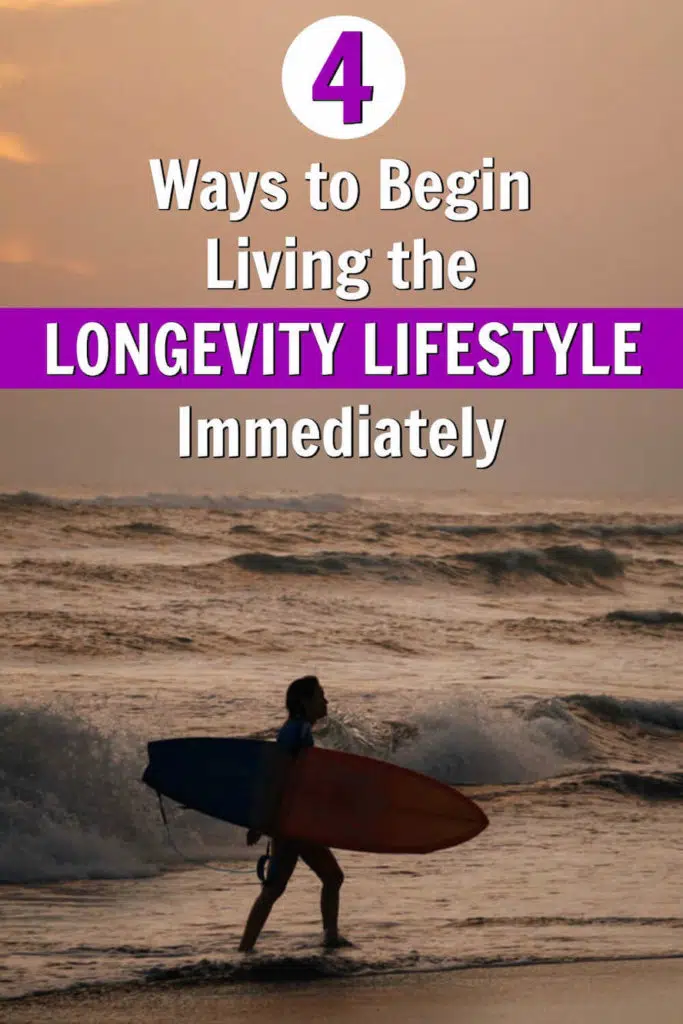
Longevity Lifestyle Tip: You Are Eating More Calories Than You Think – http://www.lef.org/magazine/mag2010/jul2010_You-Are-Eating-More-Calories-Than-You-Think_01.htm
Okinawans Live Longer – http://www.okinawa-diet.com/okinawa_diet/okinawa_diet_food_pyramid.html
Japanese Longevity – http://healthland.time.com/2011/09/05/japanese-longevity-—-how-long-will-it-last/
Fucoidans – http://www.lef.org/magazine/mag2011/may2011_The-Little-Known-Longevity-Factor-in-the-Japanese-Diet_01.htm
Natural Solutions to Hypertension – http://www.lef.org/magazine/mag2011/abstracts/may2011_SHBG-Fucoidan-Aspirin-Hypertension_02.htm
Seaweed Variation – http://en.wikipedia.org/wiki/Wakame
Cancer Rates Expected to Increase 75% by 2030 – Medical News Today – http://www.medicalnewstoday.com/articles/246061.php
The Longevity Project – http://www.howardsfriedman.com/longevityproject/
Decades of Data Reveal Path to Long Lifespan – http://www.theatlantic.com/health/archive/2011/03/the-longevity-project-decades-of-data-reveal-paths-to-long-life/72290/
Links Between Diet and Chronic Disease Becoming Clearer – http://ajcn.nutrition.org/content/83/2/410S.full
Centers for Disease Control and Prevention – Data Hub for Healthy Aging – http://www.cdc.gov/aging/data/index.htm

Leg Day: A Lower-Body, Functional-Training Workout • Over Fifty and Fit
Saturday 4th of January 2020
[…] Listen to the unique needs of your body. Are you knees and ankles in good shape? Is your head clear? […]
How to Plan and Organize Your Workouts Using Pinterest
Sunday 11th of August 2019
[…] if I’m browsing a website online – say, Over Fifty and Fit, or Bodybuilding, or T-Nation, or Shape Magazine, or Men’ Health – I can bookmark the […]
Mat Exercise Program for Strength and Flexibility – A No-Gym Workout
Sunday 17th of March 2019
[…] The best exercise program for you is the one that supports your longevity. […]
Art of Thriving – How to Create Your Own Self-Care Checklist
Saturday 23rd of June 2018
[…] question has been relentlessly researched and answered. When it comes to the science of making new lifestyle changes “stick,” what has been well-studied yet remains little-known is: when people […]
Supple VS Sour: Avoiding the Mental and Physical Rigidity of Getting Older
Sunday 10th of June 2018
[…] statistics reveal that many longevity factors are connected to relationships. For example, here are just some of the proven relational habits […]